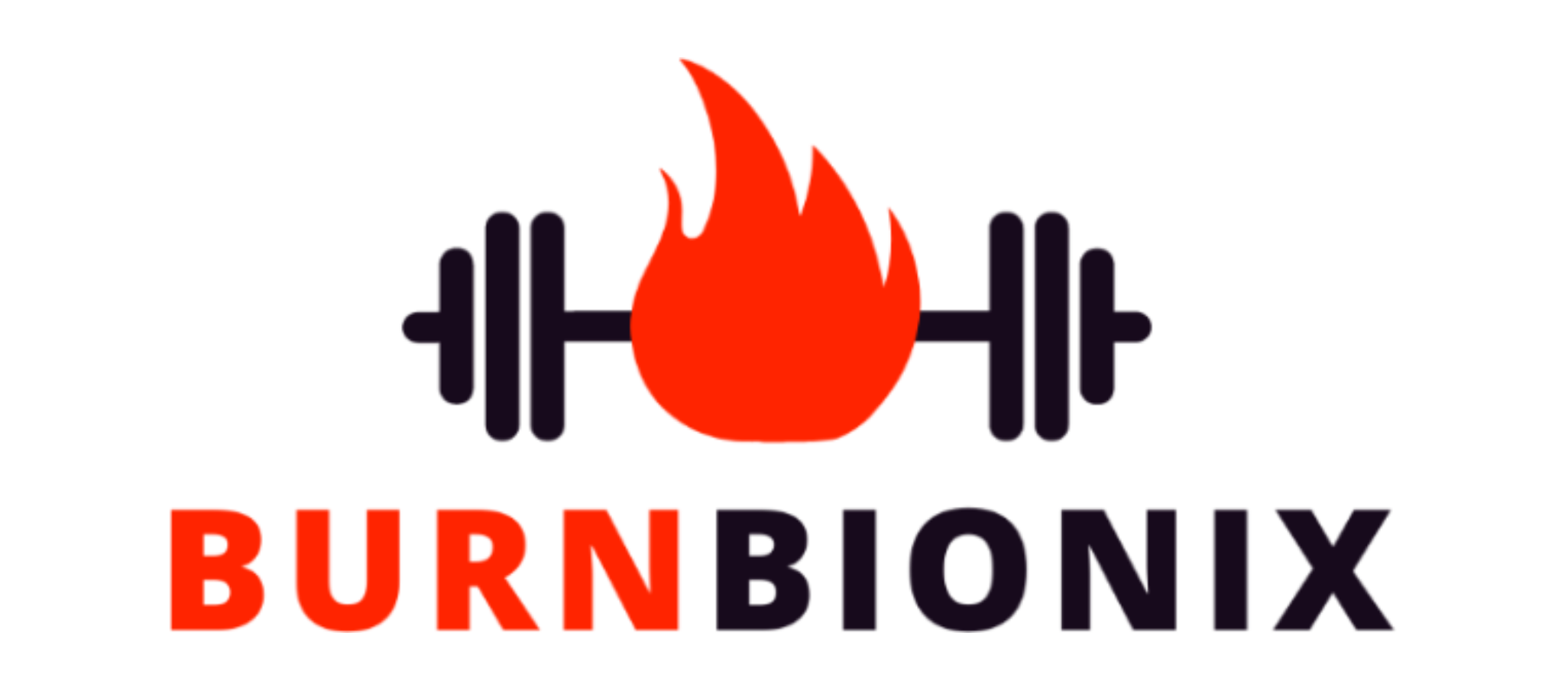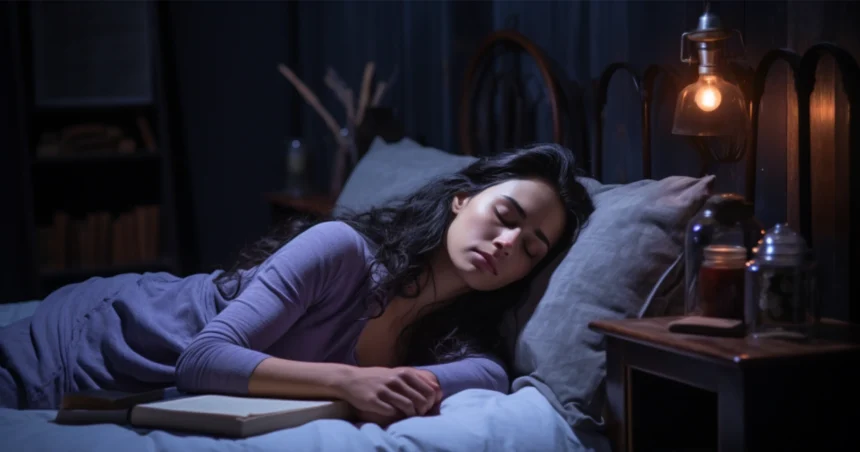Sleep isn’t just a luxury; it’s a necessity, especially when we talk about fitness. You might hit the gym hard, but without adequate rest, you’re not giving your body the best shot. Think of it this way: sleep is the unsung hero of peak physical performance. So, if you’re serious about your fitness game, it’s time to get serious about those Z’s!
The Science Behind Sleep and Fitness
Ever wonder why you feel so fresh after a good night’s sleep? Here’s the scoop: When you’re off in dreamland, your body is on the job. It’s busy repairing muscles, consolidating memories, and rebalancing hormones. In fact, certain hormones, which aid in muscle recovery and growth, only kick in during deep sleep. So, when you skimp on sleep, you’re basically cutting short your body’s fitness progress. Bottom line? The better the snooze, the better the gains!
Improved Physical Performance
Ever tried running on fumes? It’s not just your car that struggles; your body does too. When you’re sleep-deprived, your heart and lungs don’t play ball as they should. The result? A drop in both aerobic (think long-distance running) and anaerobic (hello, sprinting!) performance. But there’s a silver lining. Get a solid night’s rest and you’ll likely see a boost in reaction time, razor-sharp accuracy, and an overall pep in your step. Sleep isn’t just about rest; it’s about leveling up your game!
Muscle Recovery
You know that post-gym soreness? Sleep is your best remedy. When we hit the hay, our bodies are like diligent workers on a night shift. They’re repairing torn muscle fibers and refueling energy stores. So, if you’re cutting your sleep hours, you’re cutting your muscle recovery short. Plus, lack of sleep can leave you feeling lethargic, making your workouts feel like you’re trudging through mud. For real strength and endurance, it’s clear: sleep is the unsung MVP.
Reduced Risk of Injury
Let’s get real for a second. Sleep deprivation doesn’t just make you groggy; it might land you on the bench. Studies suggest a link between lack of sleep and a spike in sports injuries. Why? Well, tired muscles are less responsive, leading to missteps, strains, and, well, ouch. And let’s not even get started on exercising when you’re half-asleep. It’s not just ineffective; it’s downright risky. So, for the sake of safety, catch those Z’s!
Mental Wellness and Exercise
Sleep isn’t just for the body; it’s soul food too. When we’re well-rested, we’re better equipped to tackle stress, kick anxiety to the curb, and ward off the blues. But it doesn’t stop there. Adequate sleep sharpens our memory, keeps our attention laser-focused, and bolsters decision-making. Ever tried mastering a new fitness routine or remembering a sequence of exercises on little sleep? Yeah, not fun. Mental clarity and exercise go hand in hand, and guess what’s at the heart of it all? A good night’s sleep!
Exercise Recommendations
Alright, let’s cut to the chase. The American College of Sports Medicine recommends at least 150 minutes of moderate-intensity exercise per week. That’s around 20 minutes a day. Easy, right? But here’s the kicker: you also need to balance this with enough sleep. We’re talking about 7-9 hours per night, folks. Yes, you heard that right. It’s like a see-saw: too much of one can tip the balance. So, your mission, should you choose to accept it, is this: Hit those exercise goals but don’t rob yourself of sleep. It’s a delicate dance, but boy, is it worth it!
Final Thoughts
Sleep and exercise? They’re like PB&J, better together! One fuels the other in a beautiful, synergistic dance. So, here’s the deal: If you’re gunning for peak performance, prioritize those Z’s. Because, trust me, a well-rested you is an unstoppable force in the gym. Sleep tight and train right!









